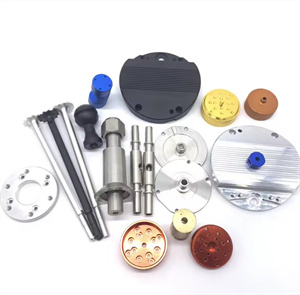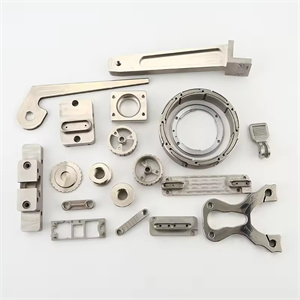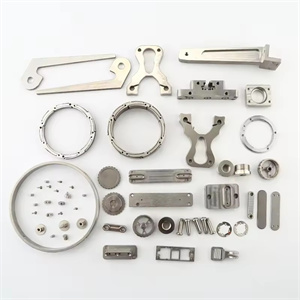
CNC Milling is a type of milling machine that is controlled by digital signals from an electronic meter. It is an automatic processing equipment developed on the basis of general milling machines, with similar processing techniques and structures. CNC milling machines are divided into two categories: those without tool libraries and those with tool libraries, among which CNC milling machines with tool libraries are also known as machining centers.
The main working principle of CNC Milling is to use a rotating cylindrical cutting head and multiple chip groove milling cutters (usually referred to as end mills), which move along different axes, to process prismatic parts such as narrow spaces, grooves, outer profiles, etc.
CNC Milling has a wide range of applications in the manufacturing industry, especially in areas that require high-precision and high-efficiency machining, such as medical equipment, aerospace components, etc. CNC precision machining technology has the advantages of high precision, high efficiency, flexibility, and automation, which can meet the machining needs of various precision components, improve production efficiency and economic benefits.
CNC Milling has a series of advantages:
High precision: CNC Milling adopts advanced CNC system control, which can achieve micrometer level machining accuracy, ensuring that the size and shape accuracy of components meet design requirements.
High efficiency: Compared with traditional manual or ordinary milling machines, CNC Milling can achieve continuous and automated processing, greatly improving production efficiency. Meanwhile, it can achieve multitasking operations and reduce idle time.
Flexibility: CNC Milling can flexibly change machining processes and workpiece shapes according to program requirements, adapting to different production needs. This makes CNC Milling widely applicable and able to meet the machining requirements of various complex components.
Good repeatability: As CNC Milling is controlled by a computer program, the machining process is carried out completely according to the predetermined specifications, resulting in better stability and repeatability of the machining results, which can ensure the consistency of the components.
Strong adaptability: CNC Milling can not only process parts with complex shapes, but also process complex surfaces that are difficult to machine with conventional methods, and even process parts that cannot be observed.

